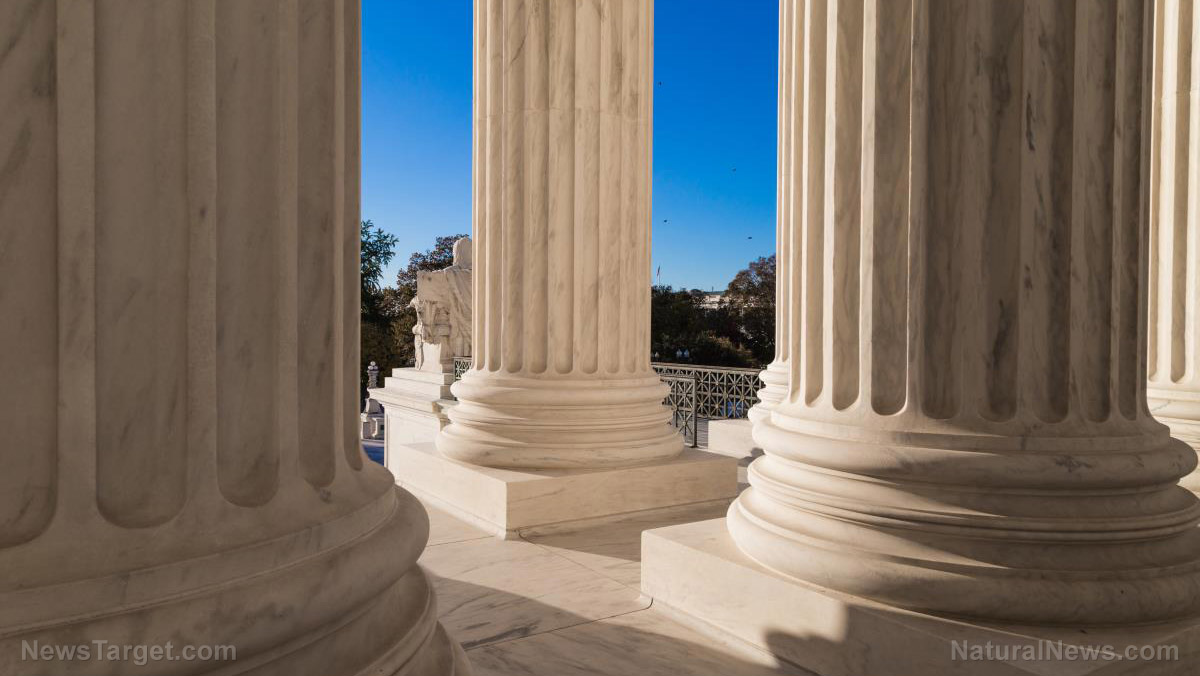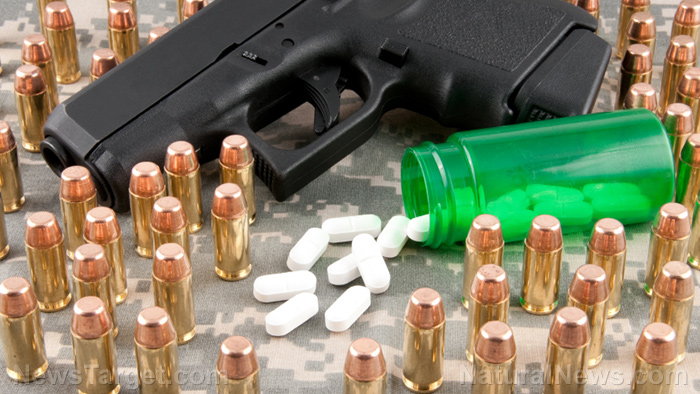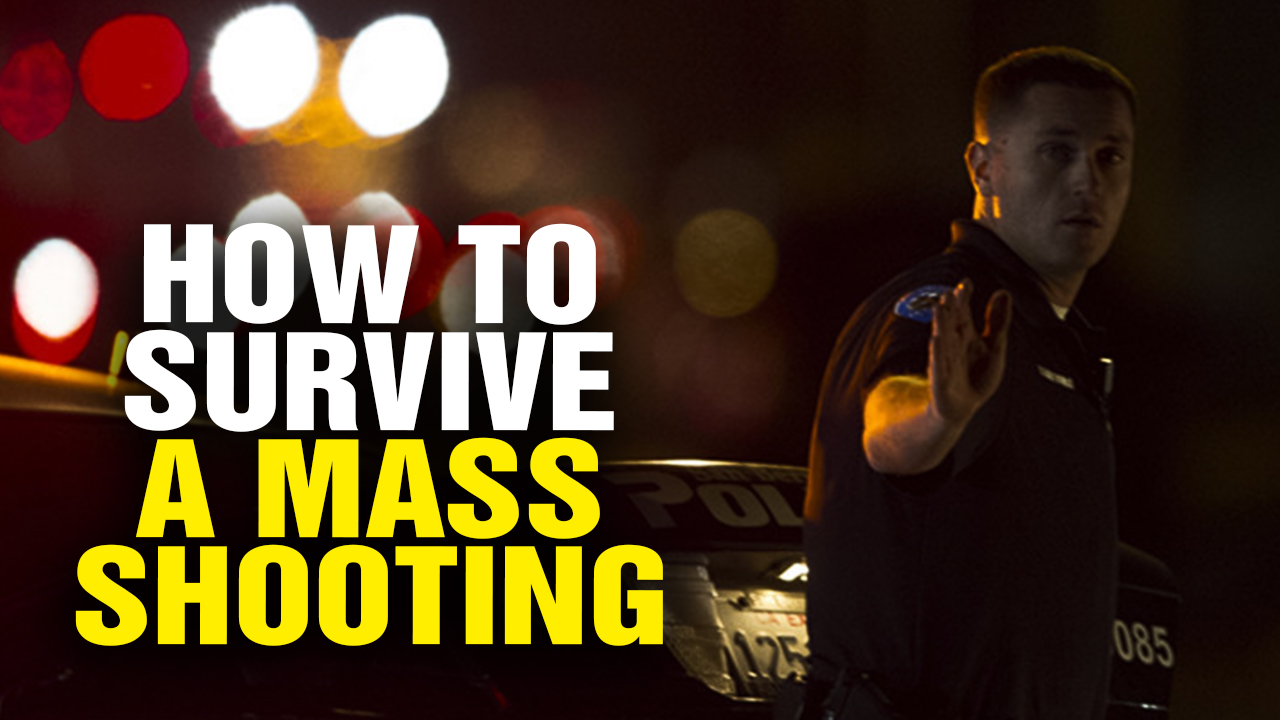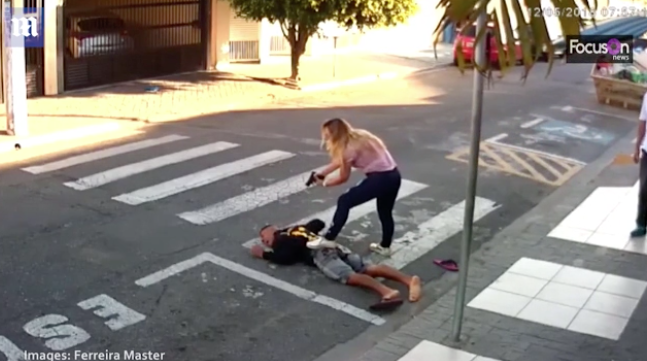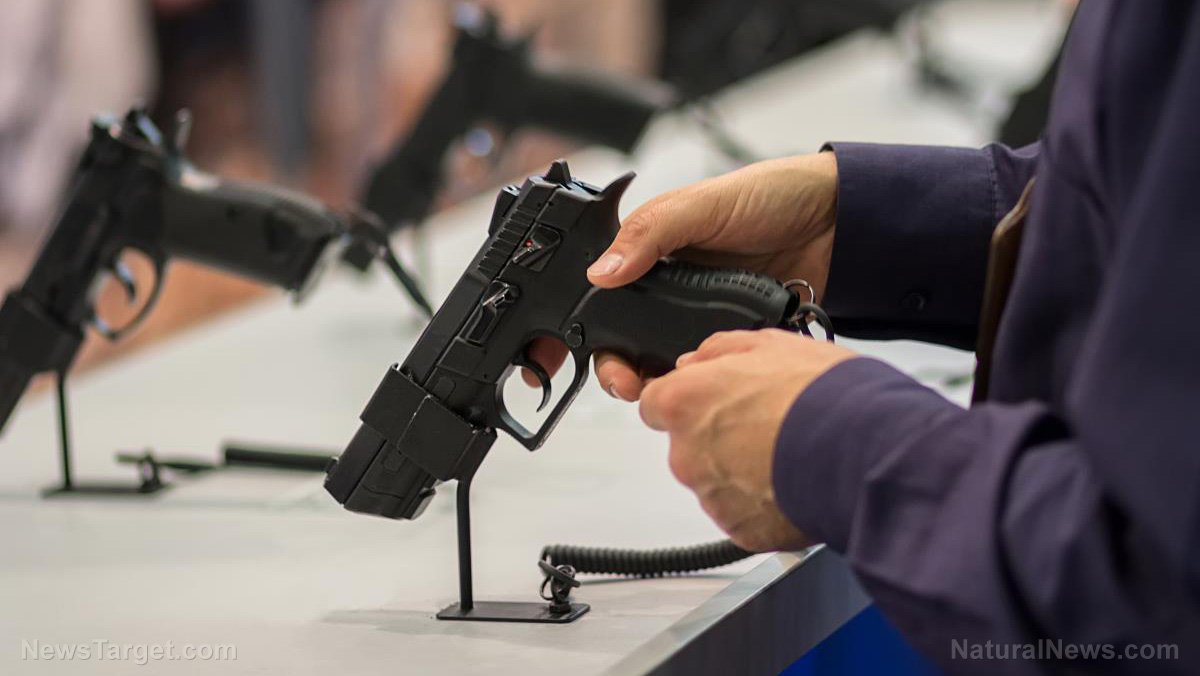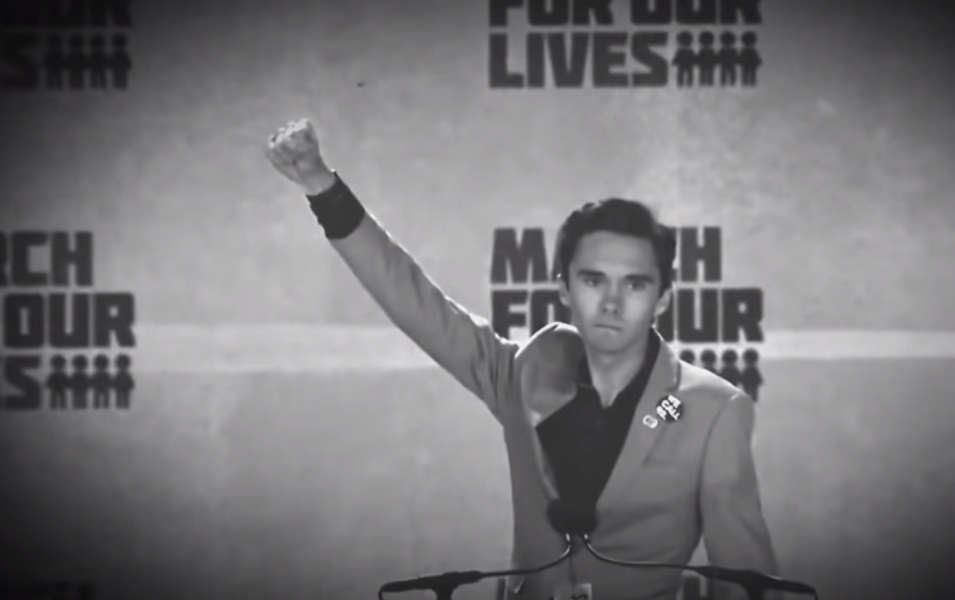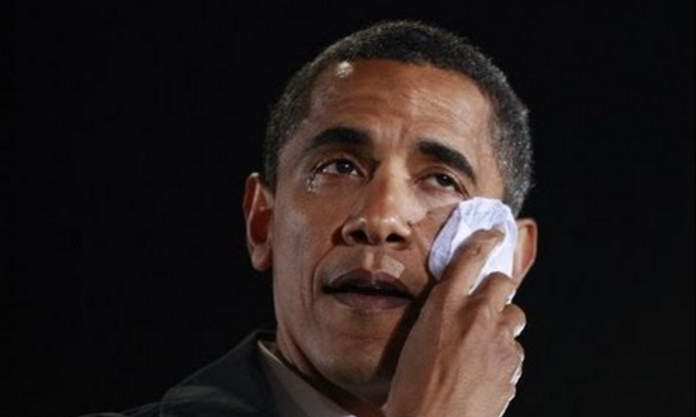The man behind the recent Las Vegas massacre has something in common with the perpetrators of many other mass shootings in recent years: Psychiatric drug use.
A court deposition in a civil lawsuit filed by Paddock over a slip-and-fall incident against the Cosmopolitan Hotel that was obtained by CNN provides insight into his state of mind, showing he often gambled all night, slept during the day and avoided the sun. According to Paddock’s own testimony in the case, he had no criminal record, no history of addiction, and no mental health issues.
Nevertheless, he said that Nevada internist Steven P. Winkler prescribed him Valium “for anxiousness.” He did not say how often he took the medication, but he guessed that he had around 10 to 15 pills left in a 60-pill bottle that had been prescribed for him a year and a half earlier at the time.
When asked if he had a good relationship with Dr. Winkler, Paddock bragged that he had him on retainer and had “good access to him” because he paid a yearly fee.
While it’s not yet known when he last took the drug, the Las Vegas Review-Journal reported that he had been given another prescription of 50 10-milligram diazepam tablets on June 21 by Dr. Winkler, according to the prescription drug monitoring database of the state of Nevada.
He filled the prescription with insurance the same day it was prescribed at a Reno Walgreens and was supposed to take one pill per day.
Valium can make people more aggressive
Valium’s active ingredient, diazepam, causes side effects like aggressiveness, rage and irritability. Diazepam is part of the benzodiazepine class of sedative-hypnotic drugs, and studies have shown they can spur aggressive behavior. Chronic use can even trigger psychotic experiences.
Experts told the Las Vegas Review-Journal that people who have underlying aggression problems can become even more aggressive when you try to sedate them with the drug, and its effects can also be magnified by alcohol use.
A Finnish study published in World Psychiatry in 2015 that examined people convicted of homicide found that their odds of killing were a remarkable 45 percent higher while they were on benzodiazepines.
Psych drugs a common theme among mass shooters
The use of psychiatric drugs is an all-too-common theme among mass shooting perpetrators. Eric Harris of the high-profile Columbine school shooting took Zoloft and Luvox before embarking on a killing spree with fellow student Dylan Klebold – whose medical records have never been made public – before killing 12 students and a teacher, wounding 23 people and killing themselves. Sixteen-year-old Jeff Weise was taking a high dose of Prozac when he shot family members and students at his school in Red Lake, Minnesota, before turning the gun on himself, killing a total of 10 people and wounding 12.
Reno board-certified pain medicine specialist Dr. Denis Patterson believes that Paddock might have taken diazepam to make him more relaxed in order to shoot better; he said that “marksmen regularly use it.” He even theorizes that he might have invented symptoms in hopes of being prescribed the drug.
His doctor is not allowed to divulge the reason for his prescription under federal privacy laws. No one knows for sure what Paddock’s motivation was or whether he had a diagnosed mental illness, but one thing is for certain: He took a psychiatric medication that raises a person’s killing behavior by 45 percent and had the doctor who prescribed it to him on retainer.
The loved ones of the 58 people who died and the hundreds more who were injured might be wondering how things could have turned out differently if Paddock had never been given these very dangerous pills.
Sources include:
Edition.CNN.com
ReviewJournal.com
NaturalNews.com
ReviewJournal.com


